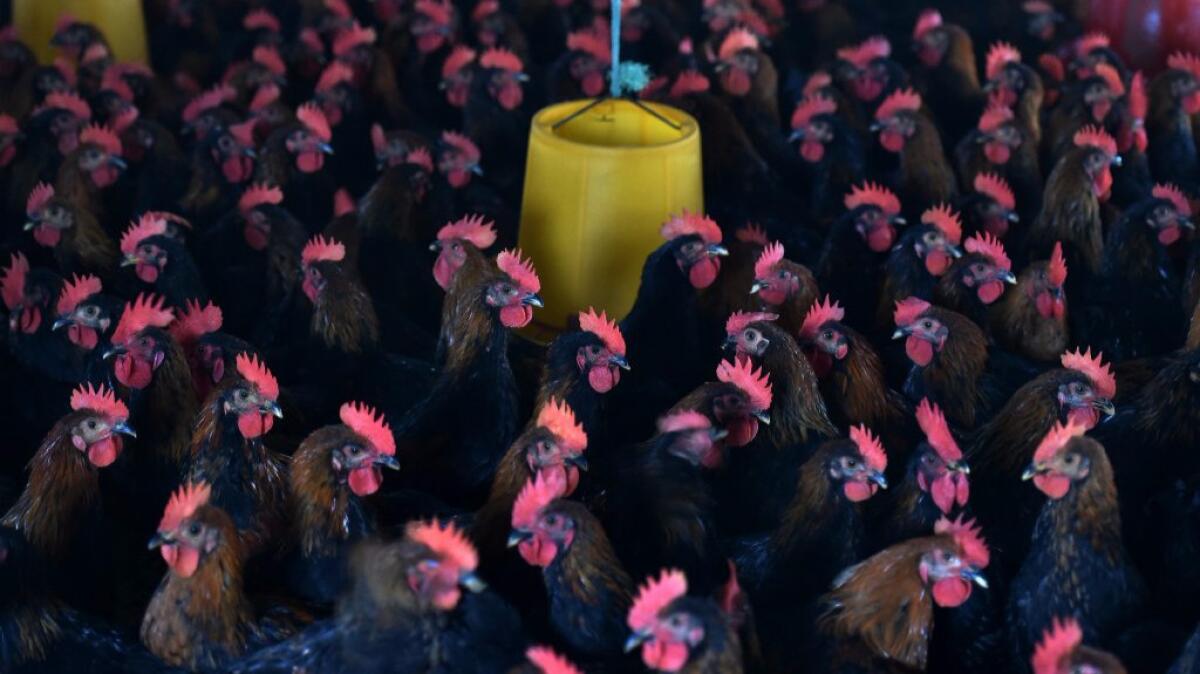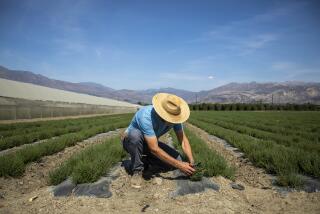Why antibiotic use on farms helps fuel antibiotic-resistant diseases

Farm animals are a key player in the emergence of antibiotic resistance. Around the world, livestock producers feed antibiotics to cattle, pigs, chickens and other animals in a bid to prevent diseases and boost their growth. In the United States, for instance, some 30 million pounds of antibiotics are used on the farm. Thatâs 70% of all the antibiotics used in the U.S. each year, according to the Pew Charitable Trusts.
Experts believe this practice has hastened the emergence of antibiotic-resistant diseases.
For the record:
4:09 p.m. July 12, 2016This article has been corrected to indicate that farms use 70% of all antibiotics in the U.S. An earlier version of this story said farms used 80%.
When more livestock are fed antibiotics, they provide more bodies in which evolutionary pressures play themselves out. The drugs may kill the bulk of dangerous pathogens, but the survivors are able to multiply and spread.
READ: A âslow catastropheâ unfolds as the golden age of antibiotics comes to an end »
Thatâs just the beginning. When farm animals poop, these drug-resistant bacteria wind up in soil and water. From there, they can spread to other animals, fueling the cycle.
The organisms can find their way into humans if people consume undercooked meat of infected animals, or eat produce grown in soil contaminated by their waste.
Itâs likely no accident, scientists say, that the first discovery of bacteria carrying the colistin-resistant mcr-1 gene occurred in China. Colistin is not generally used on American farms, but China is one the worldâs largest producers of colistin, and its farmers are among the worldâs heaviest users of the antibiotic.
Follow me on Twitter @LATMelissaHealy and âlikeâ Los Angeles Times Science & Health on Facebook.
MORE ON ANTIBIOTIC RESISTANCE
How quickly antibiotic resistance can spread
Can the government encourage the development of new antibiotics?
Teixobactin and the hope it represents for fighting antibiotic resistance







